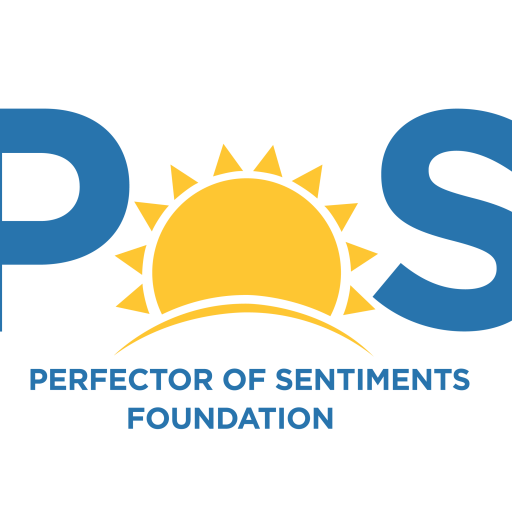BACKGROUND
Promoting Gender equity and empowering women including facilitating women’s access to justice, is a means to reducing inequalities and enhancing economic growth thereby expediting sustainable development. This resonates clearly with the UN Agenda 2030 which was adopted in 2015 which aims at promoting sustainable development by ensuring the involvement of all persons at all sectors in shaping the development process hence reemphasizing the notion of “leaving nobody behind”.
Among its 17 goals, this project seeks to contribute in Ghana’s efforts to achieve goal 16 of Justice and Strong Institutions. In line with these it is imperative to ensure that women are empowered to actively participate in all economic and development processes while ensuring that the justice delivery chain is also responsive to their needs.
In a nutshell, Gender equity, women economic empowerment and access to justice can become powerful platforms for generating discussions about greater participation and development of women in various sectors.
GHANA’S CONTEXT
A key sector in Ghana’s economy where women are making significant contribution is SME’s. These are believed to contribute about 70% to Ghana’s Gross Domestic Product (GDP) and accounts for 92% of businesses (Former Minister of Gender, Children and Social Protection, Ms. Afisah Djaba speaking at a policy dialogue on inclusiveness of market women in Accra). The economy thrives largely on SME’s dominated by women in the informal sector.
Female entrepreneurs however continue to work under more difficult and uncertain conditions than their male counterparts and have less access and control over the most critical economic resources such as land as well as impediments from negative socio – cultural and political factors. Furthermore, Statistics in the 2014 World Bank report indicates that women in Ghana are the more disadvantaged in terms of economic, social and political opportunities in spite of constituting about 52% of the population and 49.71% of the active labour force. In addition, women are less likely to pursue civil cases due to ignorance, poverty and fear of stigmatization. This can largely be attributed to culture and inadequate knowledge of available legal options such as Alternative Dispute Resolution.
Furthermore, they are usually subjected to vulnerable conditions of employment where there are usually no written contracts or collective agreements. Often times there is also little or no respect for labour legislations and a general lack of basic understanding of the legal environment and available legal options which can protect their businesses.
Despite equal rights of women and men to operate in all the sectors of the Ghanaian economy as enshrined in Article 17 [1] and [2] of the 1992 Constitution of Ghana, socio-economic challenges, such as: low income of women, vast unemployment amongst women, systemic intimidation, limited entrepreneurial activities by women, inadequate participation of women in the process of socio-economic development both in rural areas and urban communities hinder empowerment process for women in the country.
Women are also underrepresented at the helms of decision making processes at both national and local levels of governance and this is visible in parliament with a 13.75% representation of women. The inability of women to aspire for higher political positions even though they represent a larger population of 51% in the country makes it difficult to project and actively implement strategic policies which effectively address key issues concerning women in adequately enjoying their rights as enshrined in the Constitution. Although Ghana among other African countries has been commended locally and internally for its efforts to champion gender equality and inclusiveness of women at all levels, there is a still the need to bridge the wide gap in existing inequalities.
As such, the POS Foundation with funding from the GIZ is holding its maiden National Women’s Dialogue as a special initiative, targeted at Ghanaian women and their businesses to create a platform for them to share their challenges, best practices and discuss suitable approaches for resolving them. These would be forwarded to relevant authorities where need be, to find sustainable solutions through policy and legislative reforms, while educating them on available legal options for seeking redress.
Implementing Organization:
The POS Foundation is a human rights civil society organization which focuses its activities in the areas of human rights advocacy and development, policy reforms, access to Justice, youth development and social accountability. With a track record of successful projects, the organization has strategically positioned itself as one the leading Civil Society Organizations (CSOs) in Ghana and currently serves as the secretariat for the Ghana Human Rights NGOs Forum with its executive director Mr. Jonathan Osei Owusu being the vice-chairman of the forum. Under this forum in partnership with UPR Info Africa, the Organization convened about 70 CSOs in 2017 and made recommendations to the UN Human Rights Council following Ghana’s 3rd Cycle UPR. Also under its access to justice campaign, the POS Foundation has successfully facilitated the justice for all programme since 2014.
Funding Agency: The Deutsche Gesellschaft für Internationale Zusammenarbeit GmbH or GIZ in short is a German development agency headquartered in Bonn and Eschborn that provides services in the field of international development cooperation.
